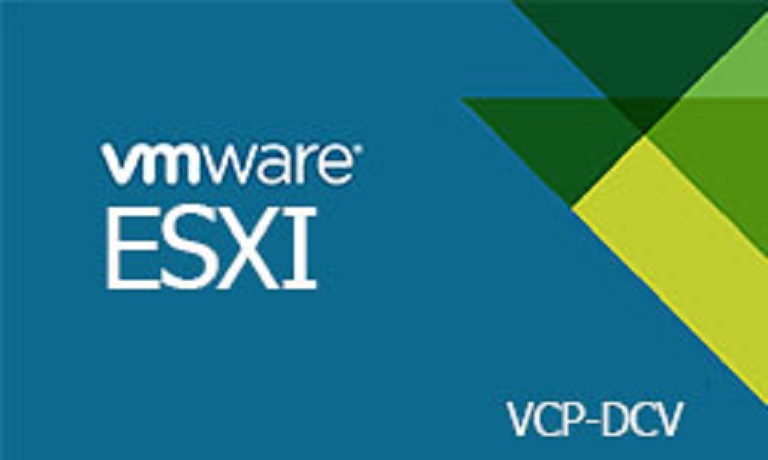Storage technologies for ESXi
ESXi hosts support host-level storage virtualization, which logically abstracts the physical storage layer from virtual machines. The following storage technologies are supported by ESXi:
1. Direct-attached storage – internal hard disks or external storage systems attached to the ESXi host through a direct connection using procotols such as SAS or SATA. This type of storage does not require a storage network to communicate with your host, but prevents you from using vSphere features that require shared storage, such as High Availability and vMotion.
2. Fibre Channel – a high-speed network technology used for SANs. It works by encapsulating SCSI commands and transmitting them between FC nodes. ESXi hosts should be equipped with Fibre Channel host bus adapters (HBAs).
3. Fibre Channel over Ethernet – a network technology that encapsulates Fibre Channel frames over Ethernet networks. The same Ethernet link carries both FC and Ethernet traffic.
4. Internet SCSI – iSCSI is a protocol used for encapsulating SCSI control and data in TCP/IP packets, enabling access to storage devices over standard TCP/IP networks.
5. Network-attached storage – a file-level storage shared over standard TCP/IP networks. Files are usually accessed using the NFS (Network File System) protocol.
Virtual machines use virtual disks to store their operating system, program files, and other data. Virtual disks are large files that can be copied, moved, deleted. and archived just like any other file. Each virtual disk resides on a datastore that is deployed on the physical storage. From the standpoint of a virtual machine, each virtual disk appears as if it were a SCSI drive connected to a SCSI controller. Whether the actual physical storage is being accessed through storage or network adapters on the host is typically transparent to the guest operating system and its application.



